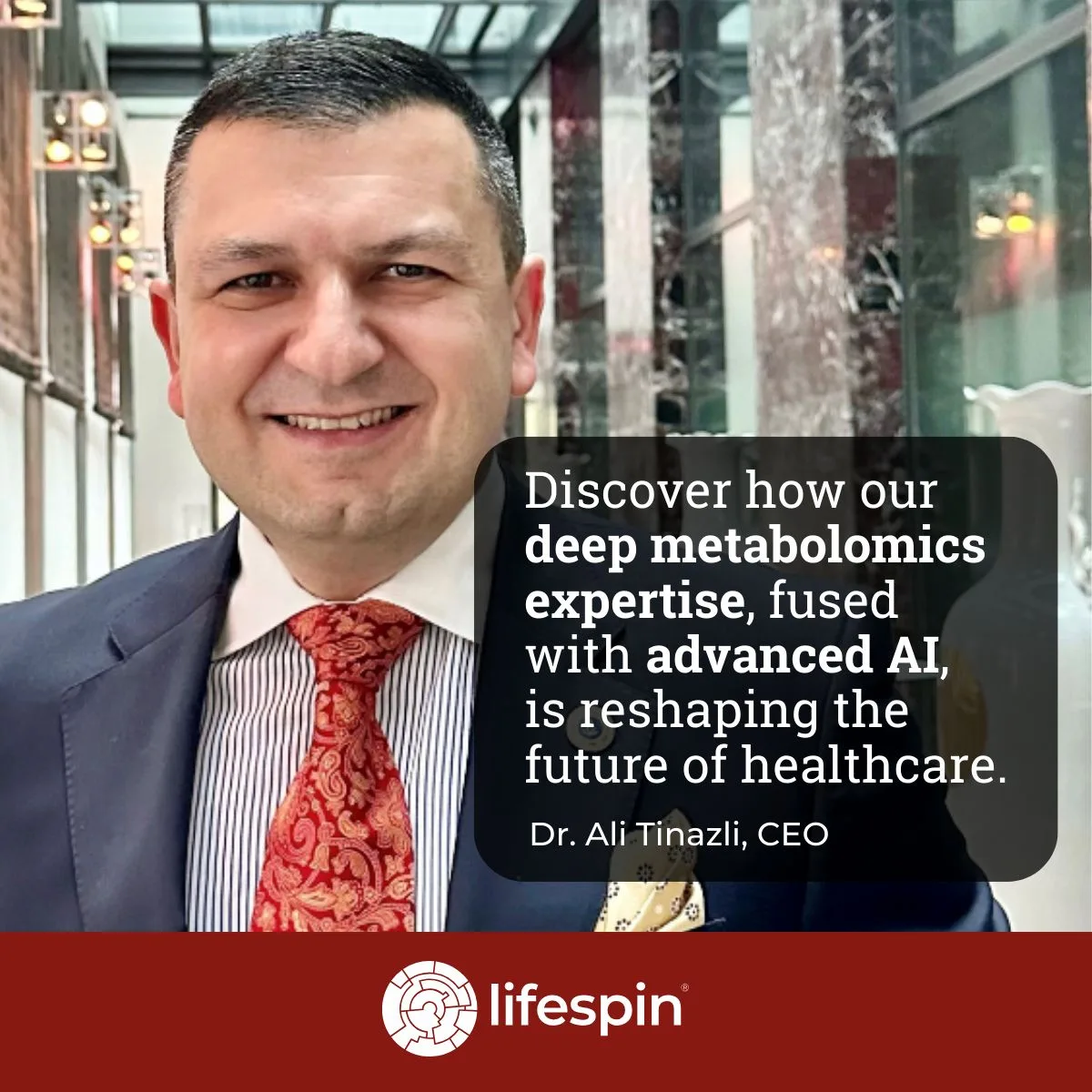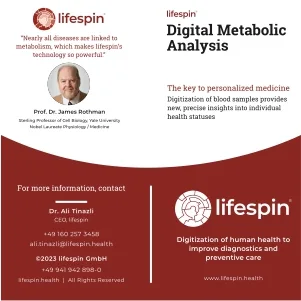Imagine healthcare systems rising from desert sands, a composition of shining hospitals filled with innovations in medicine. This isn’t science fiction, but the astounding true story of Arab healthcare’s transformation. After colonial shadows dimmed the region’s health landscape, a surge of prosperity ignited a bold vision: public health havens for all. Brick by brick, ultramodern infrastructure, and dedicated doctors coordinated a regional chorus of medical advancement.
But this saga goes beyond shining buildings. It’s a journey fuelled by the 1978 Alma-Ata declaration, a powerful echo reminding us that true health rests not just in specialized care, but in placing every citizen’s well-being at the core.
Arab nations have advanced healthcare in impressive ways in the last few decades. The region’s overall health profile has changed dramatically in a short amount of time because of the government’s major efforts to improve the health of its citizens.
In 1975, just four years after the formation of the United Arab Emirates, there were 16 hospitals in the country, of which only one was a privately owned facility. By 2022, in Dubai alone, the number of private medical facilities reached 4,482, including 56 hospitals, and 55,208 licensed medical professionals.
Strategic collaboration and connections play a crucial role in shaping innovative healthcare facilities. The involvement in numerous healthcare events has been instrumental in introducing progressive concepts and advanced technologies, contributing significantly to the nation’s ongoing commitment to promoting innovation and advancements in the healthcare sector.
Beginning of Arab Health
Arab Health, which began in 1975 with just 50 exhibitors from seven countries, quickly became a major regional forum for businesses and healthcare experts.
It grew steadily during the 1980s and 90s, drawing involvement from around the world and including services, medications, and medical equipment. By the late 1990s, it had grown to be a major international event that drew more than 1,000 exhibitors, acted as a springboard for innovative technology, and provided a platform for important conversations about healthcare.
Arab Health’s phenomenal growth in the 2000s surpassed 2,000 exhibitors and 50,000 visitors annually. Diversification encompassed conferences on healthcare trends and specialized medical zones. With more than 4,000 exhibitors and 100,000 attendees by the 2010s, it has grown to become the second-largest healthcare exhibition globally. Dedicated sections for startups and displays of innovative medical discoveries maintained the focus on innovation.
Read More: Arab Health 2024 Breaks Records: All Set to flabbergast the World with Healthcare Innovations
Beyond the Exhibition
Arab Health has a substantial impact on the Middle East’s healthcare industry in addition to being a major exposition. Modern medical facilities have been developed as a result of the event’s ability to draw in investments and present leading-edge technologies, improving the region’s healthcare infrastructure.
Acting as a crucial link between the East and the West, Arab Health develops global cooperation by encouraging partnerships and the sharing of knowledge amongst enterprises and healthcare professionals worldwide. Additionally, by giving established businesses and startups a stage on which to present their most recent innovations, the show drives innovation and advances the healthcare industry forward.
“A big show, big demand to be there and to see demonstrations of equipment and solutions, good chances to network and make unexpected connections. Well-coordinated from the organisers. Could be one of the best healthcare exhibitions in the world.”
Arab Health, described by Ben Roberts, Senior Associate at AES International
A Look Back: Arab Health 2023
With over 135,000 attendees and 3,358 exhibitors from 76 countries, Arab Health 2023 cemented its position as the healthcare industry’s must-attend event. As executives explored new concepts in more than 320 conference sessions, sparking lively debates and creating lasting alliances, the atmosphere was charged with creative thinking.
With innovative medical technology and perceptive knowledge exchange, the event broke geographical boundaries and brought in an enormous $1.81 billion in revenue. Arab Health established itself as the preeminent worldwide forum for learning, connecting, and exploring limitless opportunities in healthcare, whether one is looking for forefront breakthroughs, networking with titans of the industry, or forming new partnerships.
Arab Health 2023 has brought great satisfaction, according to Farida Mahabat, Head of Marketing for Supercare Pharmacy, GMG Health & Beauty Division. She said,
‘‘It was an absolute pleasure to be a part of Arab Health, 2023. All 4 days were filled with a plethora of opportunities and partnerships. Our booth saw great traffic and it was an incredible opportunity to meet and interact with our partners, suppliers, and potential customers. My team and I had a great time and I’m proud of the efforts my team put in to make the event successful. Arab Health, yet again proved to be an excellent platform for us to showcase our products and services and to gain valuable insights into the future of the healthcare industry.”
Farida Mahabat, Head of Marketing for Supercare Pharmacy, GMG Health & Beauty Division.
Arab Health 2024
After an excellent showing in 2023 with Arab Health, the largest healthcare event in the Middle East will return with new and expanded offerings from January 29 to February 1, 2024. Arab Health 2024 is expected to bring together more than 3,450 exhibitors and 110,000 healthcare professionals from 180 countries at the Dubai World Trade Center.
With the introduction of novel ideas like the Interoperability Zone and Smart Hospital, this edition casts light on the future of healthcare. The Future Health Summit and the Transformation Zone return, and the student-focused Cre8 competition in the UAE exhibit innovation. Arab Health 2024 promises to be deeply engaging and will serve as a focal point for innovative conversations, confirming its reputation as a crucial platform for global healthcare growth.
“As Arab Health heads into its 49th year, the event has firmly cemented its position as the place where the world of healthcare meets. Arab Health 2023 provided a platform for securing deals worth $1.81 billion (AED 6.65 billion), and with more than 110,000 healthcare professional visits expected next year, we are expanding our offering for 2024.’’
– Ross Williams, Exhibition Director for Informa Markets,
Arab Health’s Newest Attractions
Reuniting senior government officials and CEOs of healthcare organizations to discuss innovative developments, especially in longevity and reverse ageing, Arab Health 2024 offers an exciting lineup. The exclusive Future Health Summit will make a return. Ten CME conferences spanning a variety of topics are available to attendees.
Open during both the show days and evenings, the expanded Arab Health Village provides a laid-back networking area with food and drinks. Medical practitioners attending this international healthcare event may expect a comprehensive experience.
International pavilions from South Korea, Germany, New Zealand, India, France, and the US will return to Arab Health 2024, with Saudi Arabia and Egypt representing the Middle East and North Africa region. Almana Hospitals from the Eastern Province, RAS Markaz, an Omani company, and Innovation Imaging Technologies, an Indian company, are among the first-time exhibitors.
Pharmatrade, a UAE-based company, and Al Khayyat Investments, a brand-new company, are joining them. The event is a global hub for healthcare innovation and collaboration, presenting innovative products and services from industry giants like Siemens Healthcare, United Imaging, Philips, Olympus, Masimo, Jetro, and Emirates Healthcare Solutions.
Read More: Robots, Monitors, and More: Arab Health 2024 Brings High-Tech to the Delivery Room
Guiding the Future of Healthcare
It is becoming more and more obvious that Arab Health is more than just a conference as the closing moments of another field-breaking edition approach; rather, it is a testing ground for healthcare innovation to come. Arab Health is the hub for innovative medical research and contemporary medical technology, acting as a gathering place for innovators. It is the driving force behind changing the direction of healthcare on a worldwide basis, not just a showpiece.
Arab Health is unquestionably the compass guiding the future of healthcare, as we wave adieu to this immersive experience and the promise of influential developments and collaborative breakthroughs.
The secret of Arab Health’s long-term success is its proactive, forward-thinking strategy, which is essential for its longevity and continued attractiveness. Arab Health is positioned as an innovation hub by placing a strategic emphasis on bringing in a varied range of exhibitors, supporting entrepreneurs, and cultivating strong business networks.
Arab Health is positioned to grow in step with advances in the regional and international healthcare sectors, in line with UAE Vision 2031. It continues to be a crucial yearly gathering location for the MENA and GCC regions as well as the impetus behind the future of international healthcare markets.












